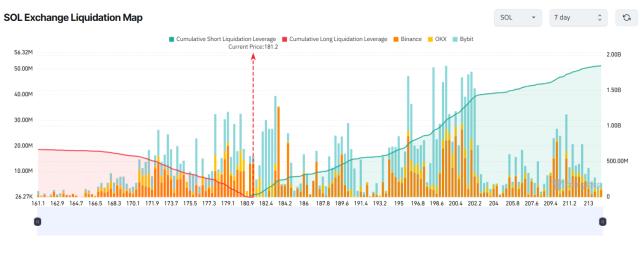- South Korea’s Financial Services Commission ordered crypto exchanges to suspend lending services, prioritizing investor protection while promising swift regulatory guidelines for the fast-evolving digital asset industry.
- Existing lending contracts will remain valid, with options for repayment or extension, but noncompliant platforms risk strict inspections and enforcement from financial regulators and oversight authorities.
- The move reflects a global shift toward stronger regulation, aiming to reduce insolvency risks, increase transparency, and stabilize markets while balancing innovation and investor confidence.
South Korea’s FSC halts crypto lending, demanding regulatory clarity. Existing contracts honored, but exchanges face inspections. Investor protection and clear guidelines mark a turning point in digital finance oversight.

South Korea’s Financial Services Commission (FSC) has recently instructed cryptocurrency exchanges in the country to suspend lending services until formal regulatory guidelines are in place.
This swift decision comes amid concerns that crypto lending currently operates in a legal gray area, potentially placing users at risk. Existing contracts will still be able to be repaid as usual or extended beyond their original maturity dates.
The FSC also warned that platforms failing to comply with this administrative directive may face on-site inspections. The commission pledged to expedite the drafting of clear and protective regulations for investors.
WHY THE FSC DECISION MATTERS FOR INVESTORS AND EXCHANGES
Crypto lending services have surged in popularity in recent years, offering users attractive interest rates in exchange for lending their digital assets. However, this boom has exposed users to heightened risk: volatile markets, platform insolvency, and the absence of formal safeguards. The FSC’s move spotlights these dangers and underscores the need for regulatory clarity.
For investors, the pause in lending ensures that contracts can either be honored or extended, offering some level of relief amid uncertainty. For crypto exchanges, the decision acts as a warning—operations that ignore this directive could face immediate regulatory enforcement.
WHAT’S AT STAKE: RISKS OF UNREGULATED CRYPTO LENDING
LEGAL AND MARKET RISK
Without defined rules, crypto lending sits in a gray zone—lacking regulatory approval or oversight. This ambiguity raises concerns around court enforcement, user protection, and the ability to recover assets during disputes or a platform collapse.
PLATFORM SOLVENCY CONCERNS
Many crypto platforms operate with complex liquidity mechanisms and high leverage, making them particularly vulnerable to market shocks. Lending platforms could easily become insolvent under extreme conditions, potentially leading to significant user losses.
IMPACT ON TRUST AND MARKET STABILITY
Regulatory uncertainty can shake investor confidence and destabilize markets. By taking decisive action, the FSC aims to restore trust and draw a clear line between legitimate platforms and precarious ones.
WHAT THIS MEANS FOR REGULATORY EVOLUTION IN ADULT DIGITAL ASSETS
South Korea’s move reflects a broader shift in how governments approach digital finance. Just as traditional banks are tightly regulated, crypto platforms are gradually being brought under similar scrutiny.
The suspension signals that authorities are not only watching but actively intervening to prevent future crises. As the FSC develops its regulatory framework, exchanges will likely need to align with new standards related to capitalization, disclosure, custody, liquidity, and risk management.
This development may also set a precedent for other countries grappling with how to regulate crypto lending. South Korea’s approach could become a blueprint for balancing innovation with prudential oversight.
ROADMAP AHEAD: WHAT’S NEXT FOR CRYPTO LENDING IN KOREA?
The FSC has committed to issuing formal regulations swiftly. While no specific timeline has been released, the agency’s emphasis on investor protection suggests an urgent pursuit of clarity.
In the interim, exchanges should pause lending operations and adapt by evaluating their risk exposure, bolstering internal controls, and preparing for forthcoming audits and reviews.
Once guidelines are in place, platforms may need to restructure lending models, incorporate transparency mechanisms, and obtain official approval before resuming any services.
CONCLUSION: A BETTER SAFE THAN SORRY APPROACH
South Korea’s directive to suspend crypto lending underscores the growing recognition that digital asset markets require more robust oversight—not less. This action, rooted in investor safety and market integrity, marks an important moment in the evolution of global crypto regulation.
By allowing existing contracts to mature while halting new lending, the FSC balances continuity with caution. As the commission works through regulatory frameworks, both investors and platforms have time to adapt to a more transparent, secure market environment.
In time, these guidelines may enhance confidence and pave the way for more sustainable growth—where crypto lending no longer operates in legal gray areas but stands on firm regulatory ground.
〈SOUTH KOREA’S FSC HALTS CRYPTO LENDING AWAITING REGULATORY GUIDELINES〉這篇文章最早發佈於《CoinRank》。






